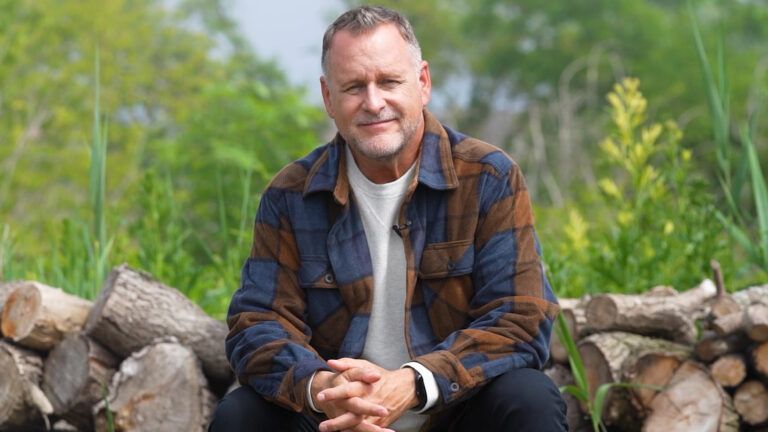How do you protect kids from the harmful effects of alcohol and other drugs? That question led Dr. Thomas Andrew to pursue a second career as a chaplain working with youth. It’s also on the mind of every parent whose kids near the end of elementary school.
While there’s no simple answer, parents shouldn’t assume that “teens will be teens.” Parents are the most important influence on a young person’s life, and there are plenty of ways to help kids navigate the challenges of adolescence, make good choices and grow from adversity.
Start young, at home and with yourself. Risk factors for addiction emerge early. They might include a family history of addiction to alcohol or other drugs, attention or behavioral problems at school, anxiety and a lack of control over habit-forming activities such as video games. It’s never too soon to start identifying risk and instilling protective knowledge, values, skills and behaviors. Perhaps most important: Live the way you want your kids to live.
Here are some tips:
· Be honest with your children about other family members’ struggles with addiction. Let them know if they are at greater risk due to a genetic predisposition.
· Get professional help at school or elsewhere if your child shows difficulty paying attention or behaving. Set limits on screen time, and steer kids toward outward focused activities and strong friendships.
· Stay involved in teens’ lives, and get to know their peers. Watch for sudden changes in behavior, grades or social groups. You can and should intervene if your kids start hanging out with a bad crowd. It’s okay to forbid your teen from going to parties where there will likely be drinking and drug use. Be open about why, and ask your teen to help come up with better alternatives.
· Above all, teach your children how to relate to the people and world around them. Teach them how to communicate, problem-solve, empathize, be gracious to others, be resilient and ask for help when they need it. Encouraging their spiritual development has been shown to serve as a protective factor against substance use and other problems. Parents ultimately can’t control their children’s substance use. But teaching and modeling the right things create the foundation for working through all sorts of challenges together. As kids develop, that’s when to invest in their healthy future.
Did you enjoy this story? Subscribe to Guideposts magazine.




